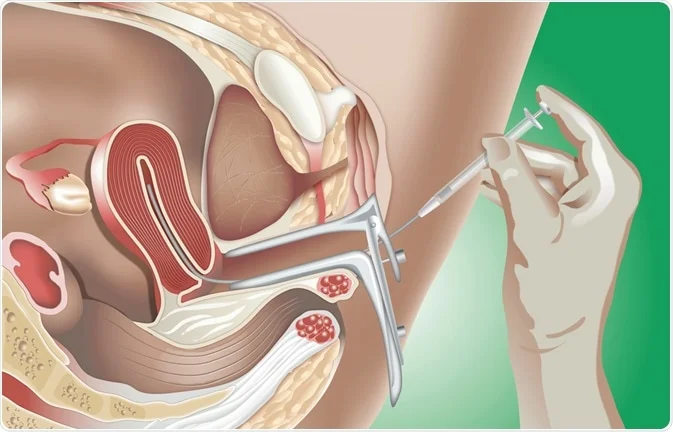Food poisoning can affect young children, posing significant health risks. It’s crucial for parents to understand how to protect their little ones and recognize the symptoms when they occur. Below, we outline the essentials of food poisoning in children, preventive measures, and what to do if you suspect your child is affected.
What is Food Poisoning?
Food poisoning occurs when a child consumes food or beverages contaminated with harmful bacteria, viruses, or parasites. Common culprits include germs such as Salmonella, E. coli O157, Listeria, Campylobacter, and Clostridium perfringens.
Symptoms of Food Poisoning in Children
Recognizing the signs of food poisoning is vital. Symptoms may include:
- Diarrhea
- Stomach pain and cramps
- Nausea and vomiting
- Fever, which can last from a few hours to several days
More severe indicators that warrant immediate medical attention include:
- Bloody diarrhea
- Diarrhea persisting for more than three days
- High fever exceeding 102 degrees Fahrenheit
- Inability to keep liquids down due to persistent vomiting
- Signs of dehydration such as infrequent urination, dry mouth, and dizziness upon standing
If your child is under 5 and exhibits any symptoms of food poisoning, consult a healthcare professional right away.
Why Are Young Kids More Vulnerable?
Children under five are at a higher risk of severe food poisoning because their immune systems are still maturing. This makes it more challenging for their bodies to combat infections. In fact, children in this age group are three times more likely to be hospitalized due to foodborne illnesses than older children and adults.
Foods to Avoid for Young Kids
To minimize the risk of food poisoning, it’s best to avoid giving young children certain foods, including:
- Raw or undercooked meats and eggs
- Unpasteurized dairy products
- Raw fruits and vegetables that haven’t been washed thoroughly
- Processed foods from questionable sources
Tips for Preventing Food Poisoning at Home
Here are some effective strategies to help keep your children safe:
- Practice Good Hygiene: Ensure everyone washes their hands thoroughly before handling food.
- Cook Food Properly: Use a food thermometer to confirm that meats are cooked to safe temperatures.
- Avoid Cross-Contamination: Use separate cutting boards for raw meats and other foods.
- Store Food Safely: Refrigerate leftovers promptly and ensure your refrigerator is at the correct temperature.
Staying Informed About Food Recalls
Keep yourself updated on food recalls and outbreaks through resources like the CDC. Regularly checking for alerts can help you avoid serving contaminated products to your children.
Additional Resources
For families considering at-home insemination, MakeAMom offers the only reusable option available. You can also explore how this process works by visiting this informative page. If you’re looking for support and community, consider joining the MakeAMom Facebook group, a free sperm donor matching group.
For more insights on related topics, you can read about essential first-aid measures in our post, The Fuss Stops Here. Additionally, if you’re curious about what to expect during your first IUI, check out this resource from Parents: What to Expect When You Have Your First IUI. For additional tips on getting pregnant at home, explore this excellent resource.
To Summarize:
Food poisoning poses a significant risk to young children, but understanding the symptoms, preventive measures, and appropriate responses can help safeguard their health. By practicing good hygiene, avoiding high-risk foods, and staying informed, parents can significantly reduce the chances of foodborne illness.

